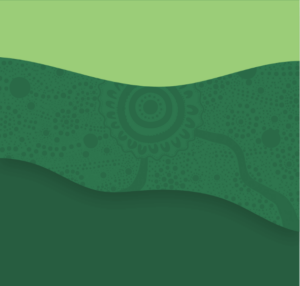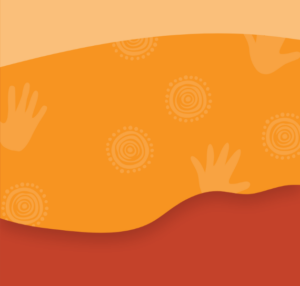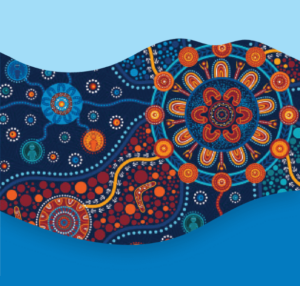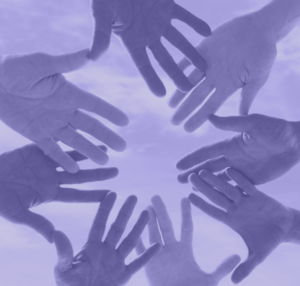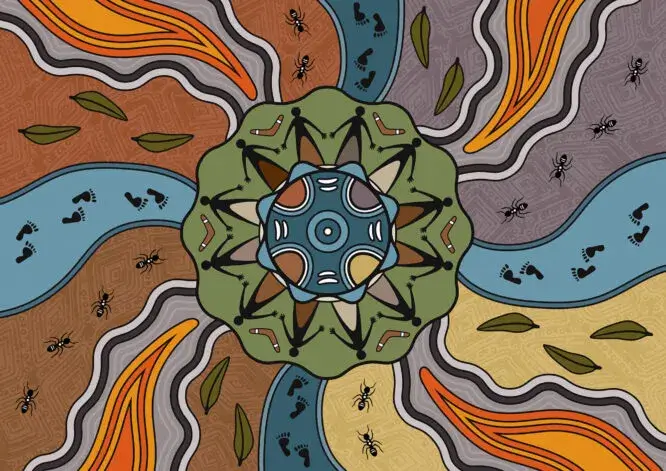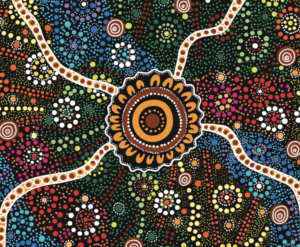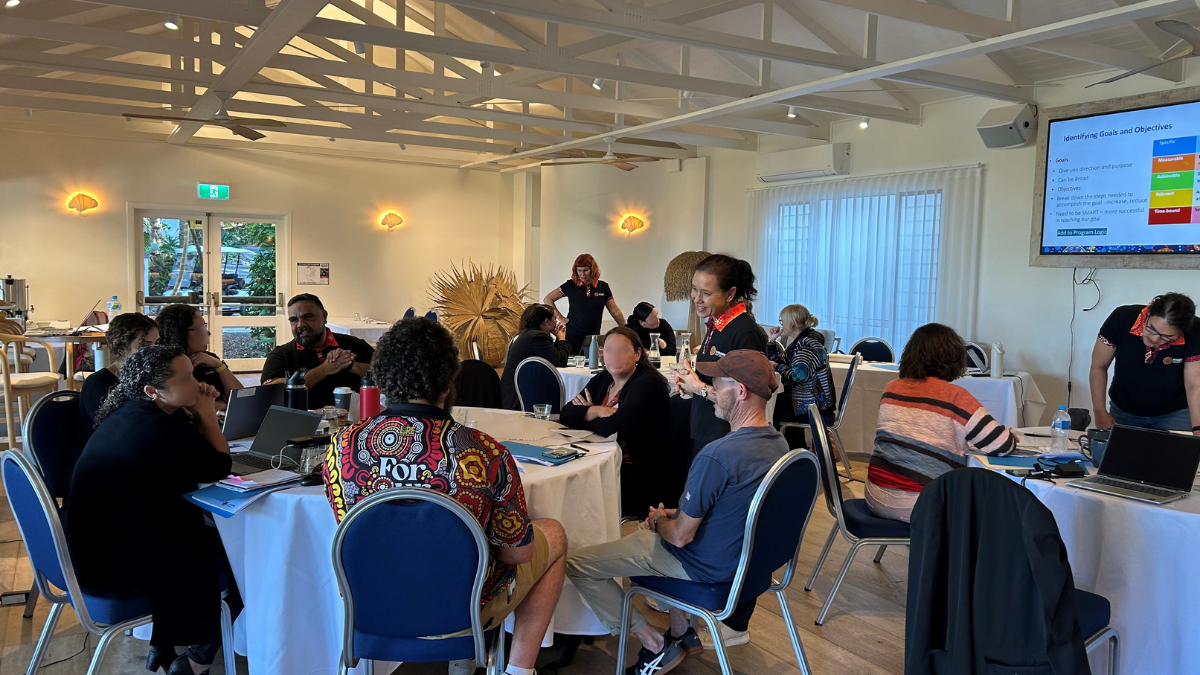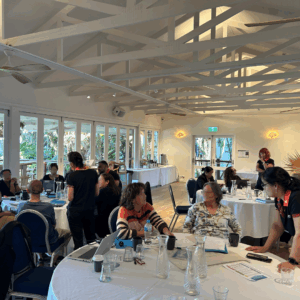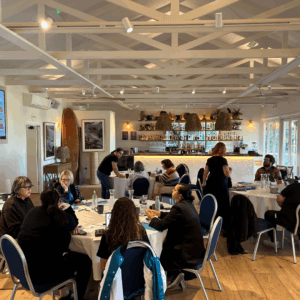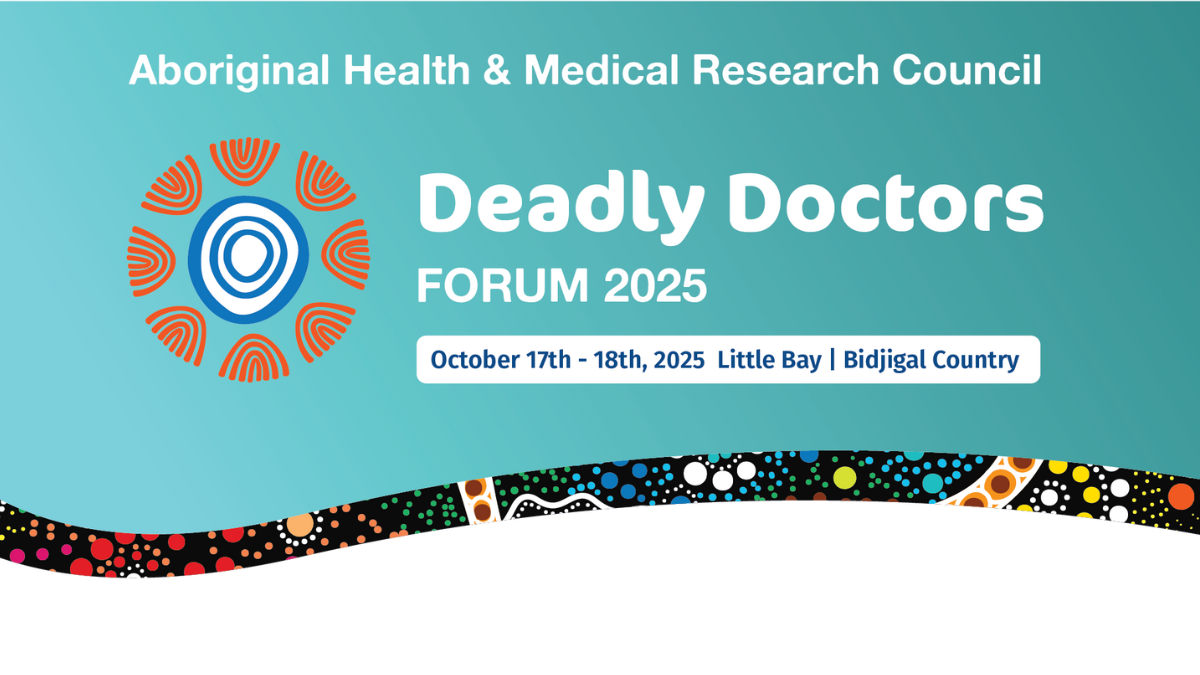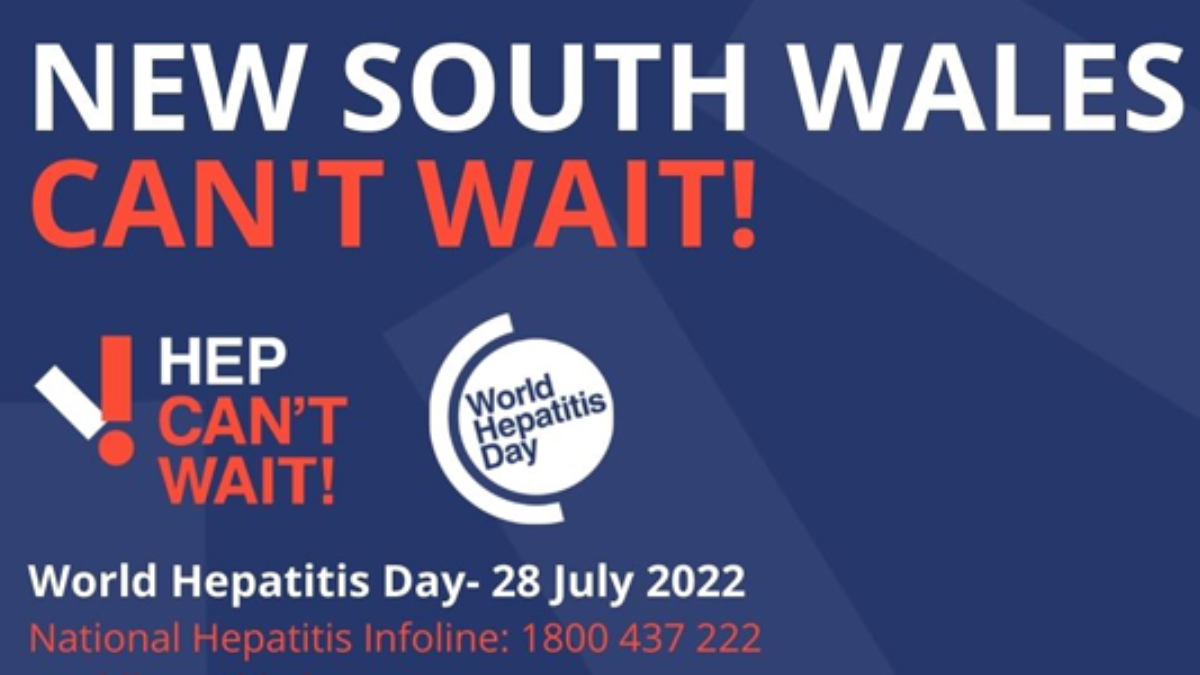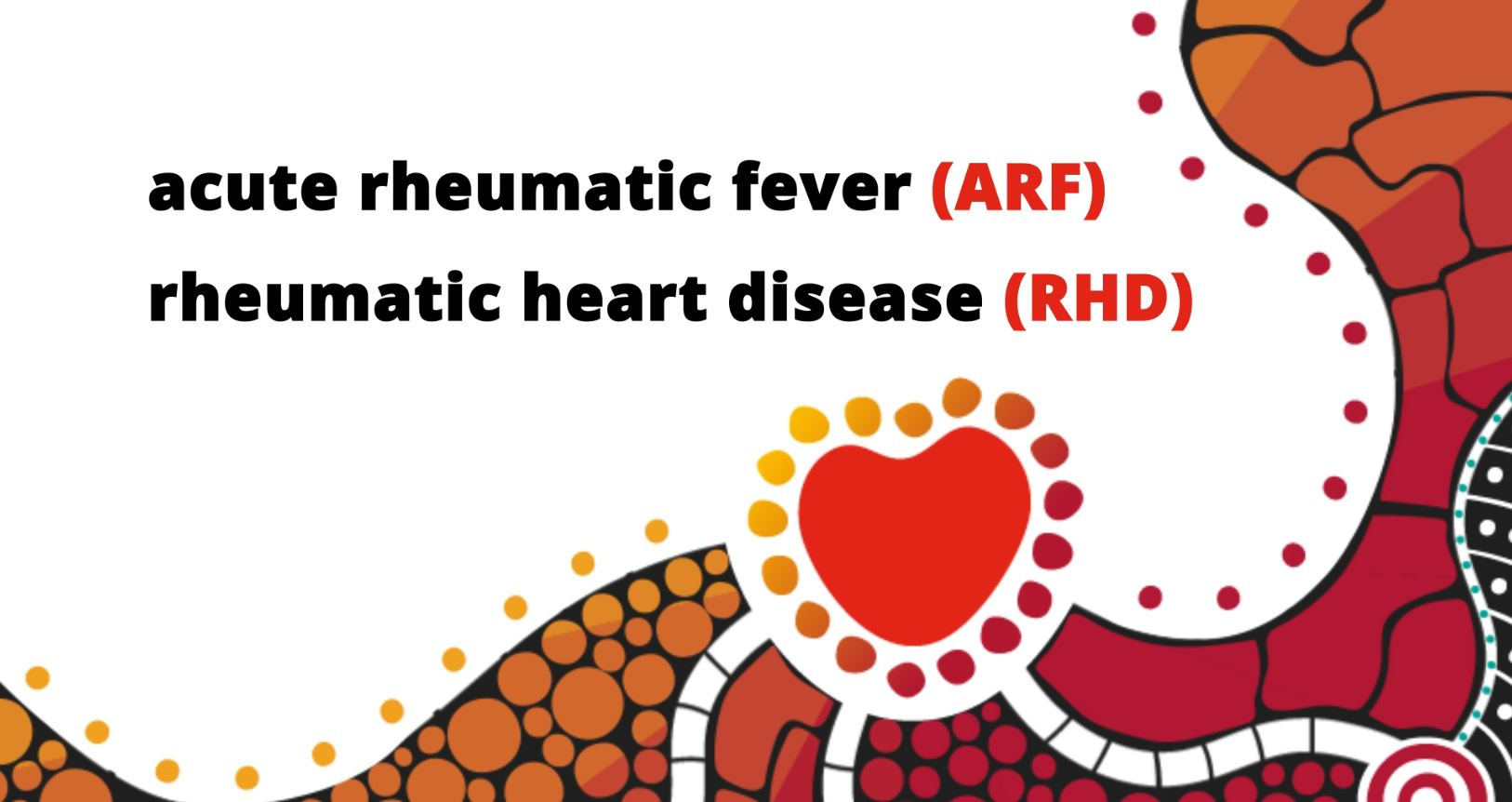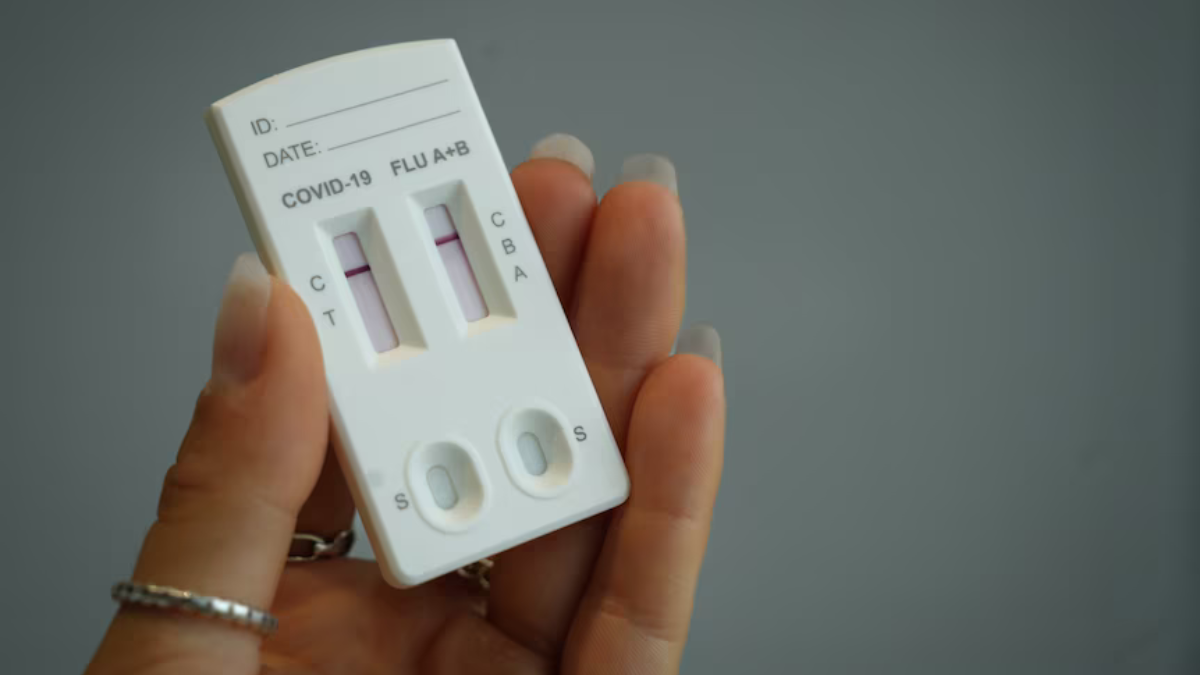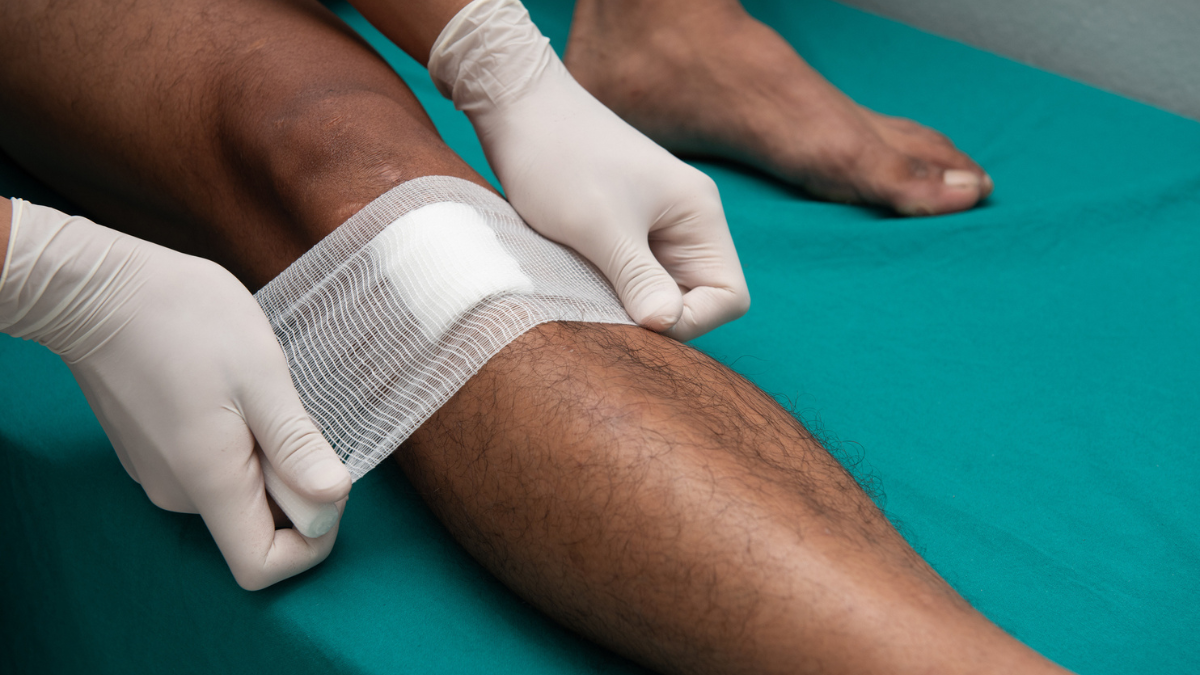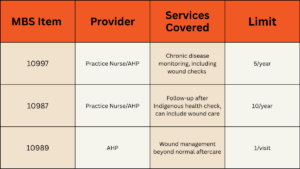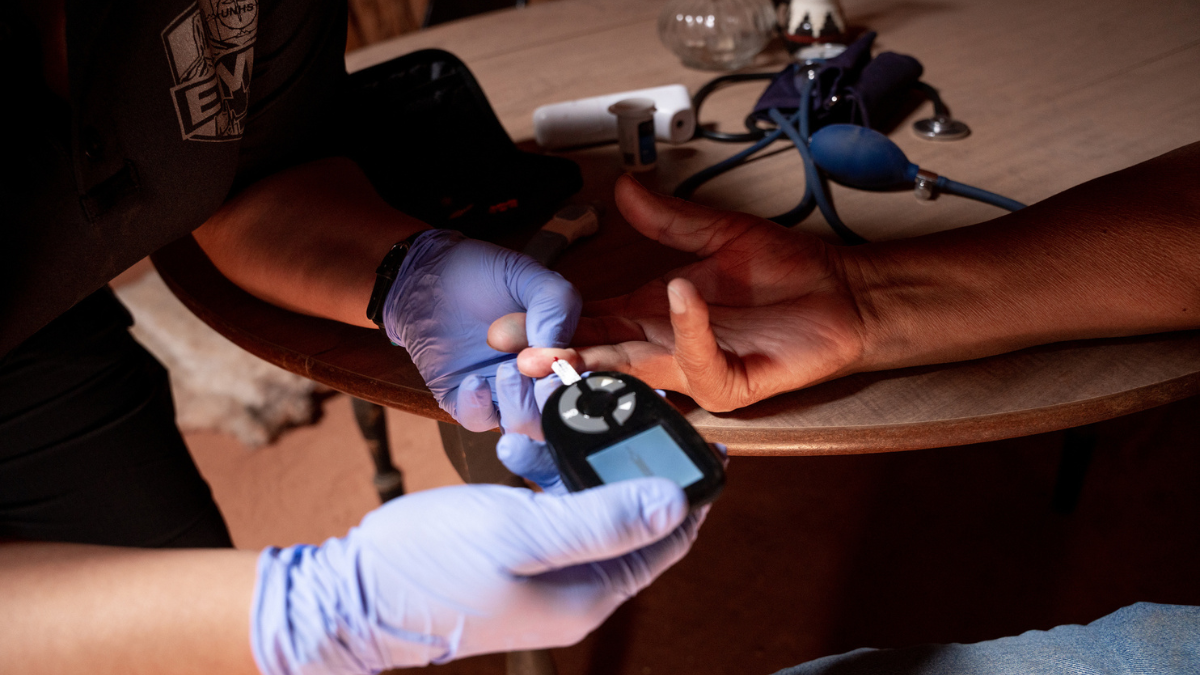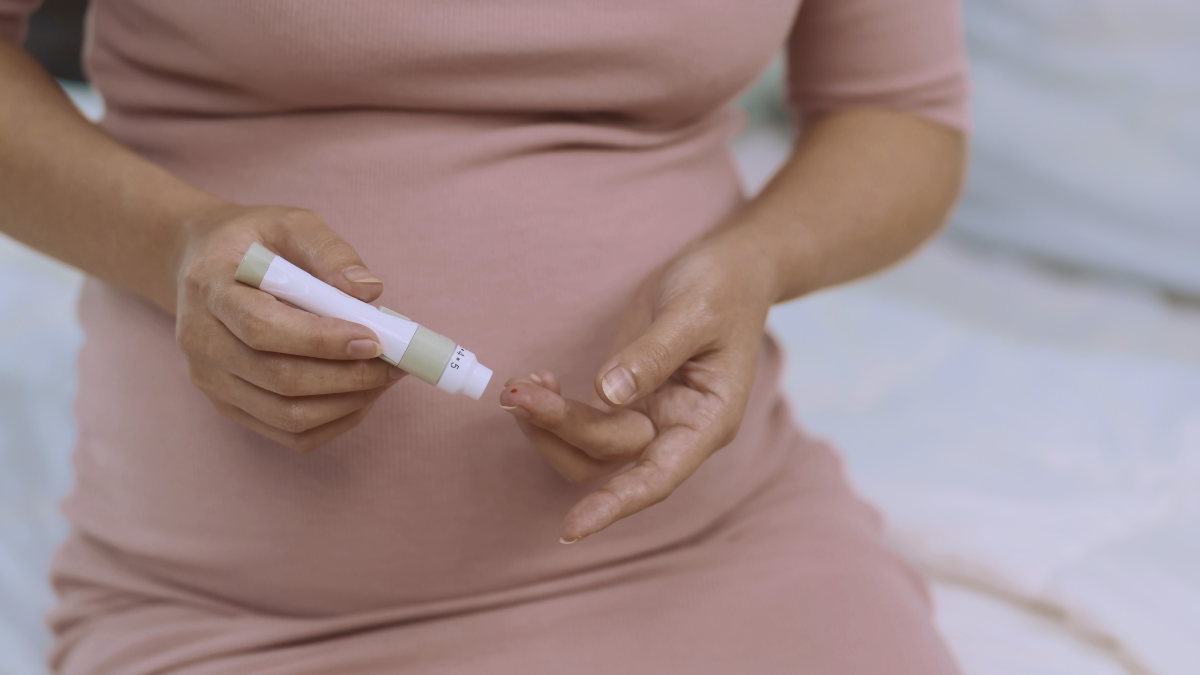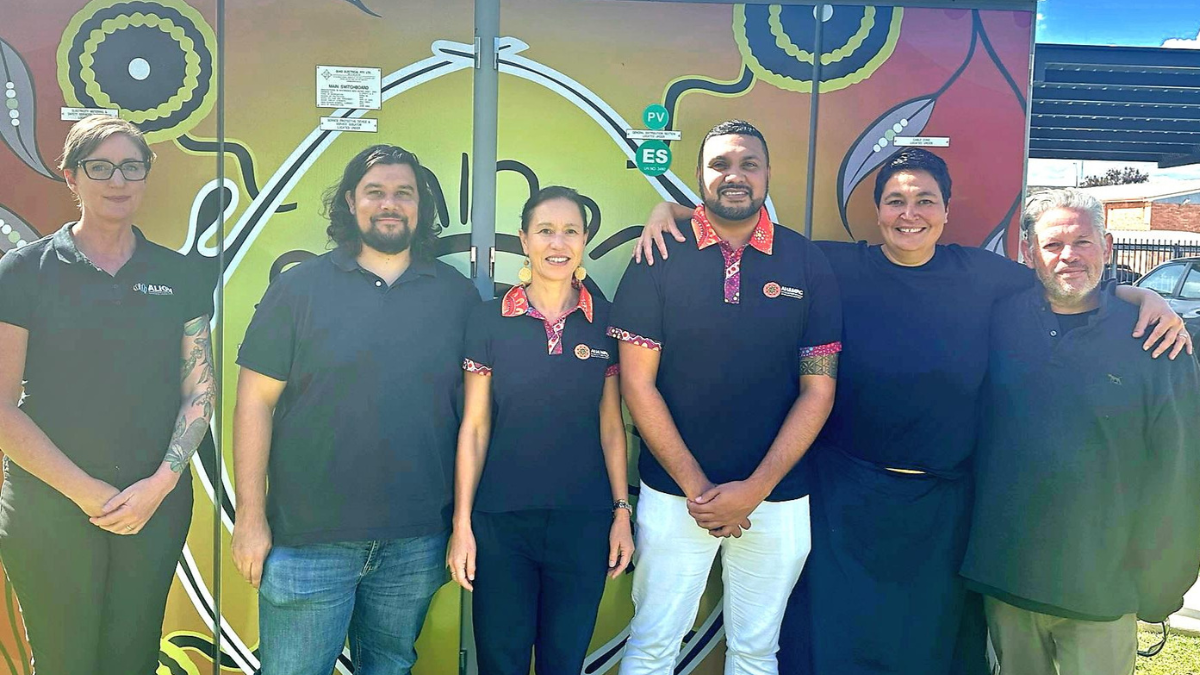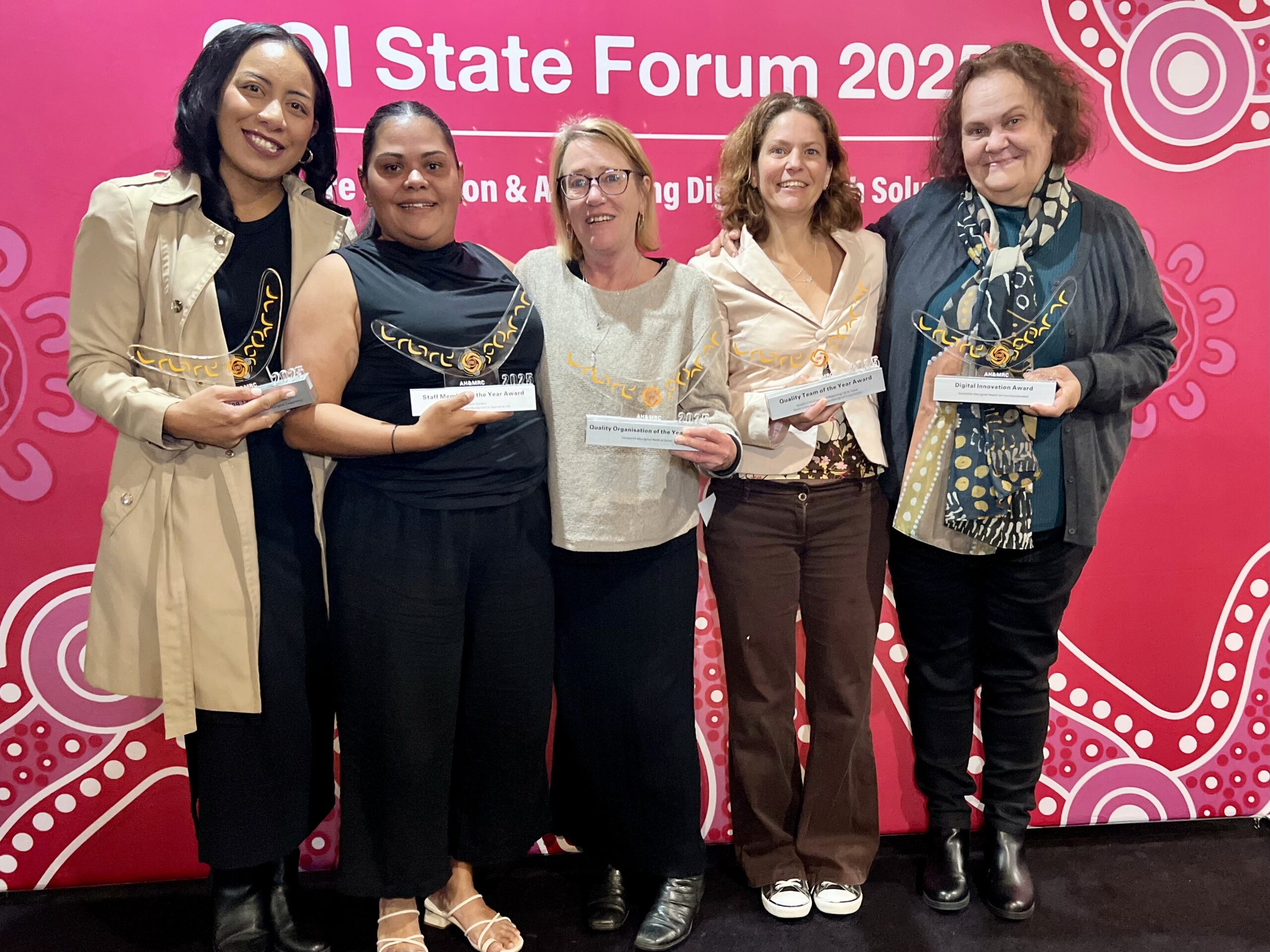On Wednesday 4th June, the AH&MRC Compliance team hosted the annual CQI Awards Night at the Pullman Hotel Hyde Park in Sydney.
Our Member Services dressed to impress and enjoyed a gala dinner filled with connection, celebration, and community pride. The night honoured the incredible work being done across the sector, with awards recognising innovation, commitment to continuous improvement, and excellence in service delivery.
It was a powerful reminder of the impact that culturally safe, community-led care continues to have across NSW.
Congratulations to all our finalists and winners — and thank you to everyone who made the evening so special.
Emerging Talent Award
Kalinda Wills
Tashia Hunuki
Waminda – South Coast Women’s Health & Welfare Aboriginal Corporation
AHP Kalinda Wills and RN Sia Hanuki have taken over the reins managing Waminda’s clinical services. Since taking on this role, Kalinda and Sia have navigated working together across 2 different sites and 3 different outreach sites. They have reviewed clinical processes and worked with the clinical team and GPs to identify systems that aren’t working efficiently and trialing changes to the systems. They have been proactive and collaborative with other health professionals such as allied health workers and continue to promote clear and honest communication within their own team so that feedback is considered in evaluating changes to systems.
Neither Sia nor Kalinda have held such responsible roles before and their maturity in tackling issues head on is impressive and their dedication to providing their clients with the highest quality health service is heartwarming. They have both taken this challenge with such a willingness to learn and change and have brought the whole of their team along with them on their quality improvement journey.
Staff Member of the Year Award
Michelle Gordon
Awabakal Newcastle Aboriginal Co-Operative Ltd
Awabakal’s CQI&G Manager Michelle Gordon is recognized tonight for her exceptional commitment to culturally sensitive and effective continuous quality improvement within their AMS. Her innovative strategies, focus on equity, and collaborative approach have significantly enhanced service delivery, empowering both staff and community members.
Through mentorship and leadership, she fosters a culture of continuous improvement, ensuring that the Organisation’s work is both impactful and meaningful. Her efforts have led to measurable improvements in care and outcomes, making a lasting, positive difference in the community they serve.
Digital Innovation Award
Galambila Aboriginal Health Service Incorporated
Galambila is commended tonight for maintaining an efficient and consistently up-to-date Service online website. It’s clear that a great deal of care and attention goes into ensuring that the website runs smoothly.
The main staff member responsible for maintenance of their website is Sue Tomkins.
She has been responsible for always keeping the online website current with easy access to information and programs for staff and community members. She is very well driven and always incorporates and acknowledges the local artist with any digital work she does.
Quality Team of the Year Award
Quality Compliance and Reporting (QCR) Team
South Coast Medical Service Aboriginal Corporation
The QCR Team has redefined South Coast AMS’s approach to continuous quality improvement. By actively listening to staff feedback and implementing innovative digital systems, they have streamlined processes, bridged critical gaps, and instilled a proactive culture of quality, compliance, and risk management. Their dedication to excellence has set a new benchmark, making a lasting impact across the Organisation. The team doesn’t just meet standards, they set them, and that’s why the QCR Team has been chosen for this well-deserved recognition.
“South Coast AMS is at the leading edge of digital technology and information management. Their systems are driven by a genuine commitment to continuous quality improvement, with robust governance ensuring effective decision-making and risk mitigation.” – Tewana Auditor Feedback
The South Coast AMS QCR Team exemplifies excellence in quality, compliance, and innovation. Their strategic approach to CQI, risk management, and service monitoring has led to measurable improvements in service delivery, stakeholder engagement, and community trust. Their dedication to creating a seamless, transparent, and data-driven quality management system makes them a truly deserving recipient of the Quality Team of the Year Award.
Quality Organisation of the Year Award
Tamworth Aboriginal Medical Service – Aboriginal Corporation
Throughout the years, TAMS-AC’s tireless work, exceptional leadership and innovative initiatives have had a transformative and lasting impact in their region, improving Aboriginal health and fostering a strong, united community.
TAMS-AC leads with a heartfelt connection to the “mob” and the wider community, ensuring that all programs and initiatives reflect a deep commitment to their well-being.
The Organisation is widely recognised as a champion for Aboriginal health and advocacy, leaving an enduring legacy through its tireless efforts and community-first approach.
TAMS-AC is a shining example of excellence and quality in organisation and service. It’s remarkable dedication to Aboriginal health, its passion for supporting the community, and its exceptional leadership have transformed lives and established TAMS-AC as an invaluable asset to the region.
Hence, TAMS-AC is highly deserving of the Quality Organisation of the Year Award as their staff will continue to drive progress and excellence in the years to come.
